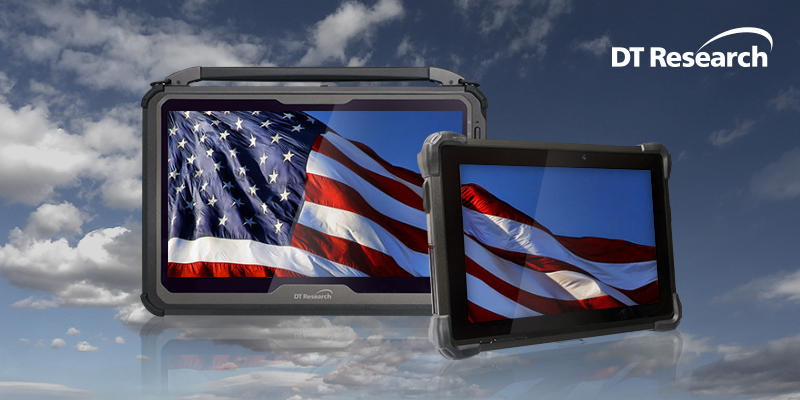
The Defense Health Agency (DHA) is spearheading a groundbreaking initiative to revolutionize military medicine through the development of a virtual-first health ecosystem. By leveraging advanced technologies and data-driven approaches, DHA aims to enhance precision, personalization, and preventive care for armed forces personnel.
The Virtual-First Health Ecosystem
The virtual-first health ecosystem in the military refers to a healthcare approach that prioritizes virtual or remote care delivery as the primary means of providing medical services to armed forces personnel. It involves leveraging digital technologies, data-driven strategies, and advanced communication tools to enable timely and accessible healthcare, regardless of the location of the patient or the healthcare provider.
In the context of the military, where personnel are often deployed in remote or challenging environments, the virtual-first health ecosystem aims to bring medical care directly to the point of need. By utilizing technologies such as telemedicine, remote monitoring devices, and electronic health records, healthcare providers can remotely diagnose, treat, and monitor patients’ health conditions.
This approach offers several advantages, including:
- Timely Access: Virtual-first healthcare eliminates the need for personnel to travel to healthcare facilities, ensuring they can receive prompt medical attention regardless of their location.
- Increased Efficiency: By leveraging digital tools such as rugged tablets, healthcare providers can streamline administrative processes, access patient records electronically, and communicate more efficiently, leading to improved care coordination and reduced waiting times.
- Enhanced Safety: Remote care minimizes the risks associated with transporting injured or ill personnel, particularly in challenging or hostile environments.
- Continuity of Care: With virtual-first healthcare, armed forces personnel can receive continuous care even when deployed or stationed in remote locations, ensuring ongoing monitoring and management of health conditions.
Rugged Tablets: Enabling High-Tech and “High-Touch” Care
One of the key enablers of DHA’s virtual-first health ecosystem is the adoption of rugged tablets. These purpose-built computers offer a unique combination of durability, portability, and advanced functionality. By shifting to electronic health records on rugged tablets, healthcare providers gain access to smart and actionable data, improving decision-making and patient care. The high-tech capabilities of rugged tablets facilitate collaboration with the Veterans Administration, private industry, and other Department of Defense entities, enabling comprehensive and integrated healthcare services.
Empowering Patients and Healthcare Teams
The military’s digitally-transformed ecosystem places the patient at the center, emphasizing personalized care and improved care experiences. Rugged tablets play a vital role in this paradigm shift, as they empower patients to actively participate in their own healthcare journeys. With the ability to access medical records, communicate with providers, and receive real-time health monitoring, armed forces personnel can receive care in the comfort of their homes. Moreover, rugged tablets enhance collaboration among healthcare teams, allowing seamless communication and information sharing, ultimately leading to better patient outcomes and improved efficiency.
Advantages and Collaborative Potential
The adoption of rugged tablets in military medicine brings numerous advantages. These devices are built to withstand challenging environments, ensuring uninterrupted operations in the field. Furthermore, their portability and extended battery life enable healthcare providers to deliver care wherever it is needed most. Rugged tablets also lay the groundwork for improved collaboration among various stakeholders, such as the Veterans Administration, private industry, and Department of Defense entities. By leveraging data and technology, these collaborations can drive innovation, enhance healthcare delivery, and improve outcomes for armed forces personnel.
DHA’s vision for a virtual-first health ecosystem marks a fundamental shift in military medicine. By harnessing the power of data and technology, healthcare becomes more precise, predictive, and participatory. With a focus on bringing care to the point of need, it aims to ensure that armed forces personnel receive timely and high-quality medical support. This transformation involves the convergence of digital solutions, electronic health records, and rugged tablets to create a seamless and efficient healthcare ecosystem.
The future of military medicine lies in the integration of rugged tablets within a virtual-first health ecosystem. As the military strives to make healthcare more precise, personal, and preventive, these robust mobile computers play a crucial role in delivering efficient, accessible, and equitable care to armed forces personnel. Through the convergence of technology and collaboration, the vision of enhanced military healthcare is within reach.

